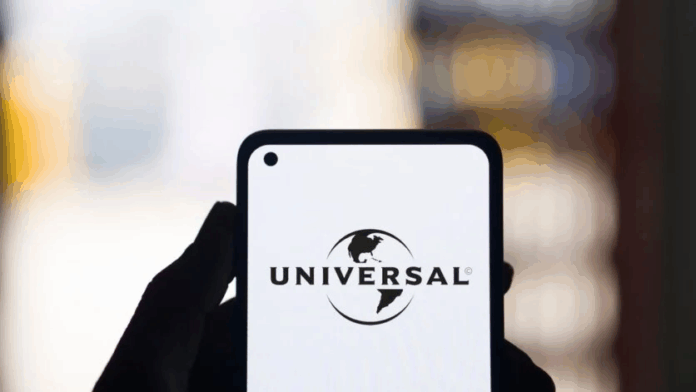The European Commission has restarted its probe into Universal Music Group‘s proposed acquisition of Downtown Music Holdings.
Europe’s competition authority temporarily paused the inquiry into the deal in September while waiting for information requested as part of the investigation.
With the probe now restarted, the EC has also set a new provisional deadline of February 6, 2026 to decide whether to clear the merger (with or without conditions) or prohibit it entirely if competition concerns cannot be adequately addressed.
“We are continuing to work constructively with the European Commission,” a UMG spokesperson told MBW today (October 28).
They added: “We are confident that the Commission will recognize the benefits of the transaction for artists, labels, and independent music in Europe, and clear the transaction in a timely manner.”
The European Commission originally had until November 26 to make a final decision following its Phase II investigation into the deal, but ‘stopped the clock’ on September 2.
“The ‘clock’ in merger investigations can be suspended if the parties fail to provide, in a timely fashion, an important piece of information that the Commission has requested from them (for its competition assessment) within a prescribed deadline,” a Commission spokesperson was cited by Reuters as saying at the time.
UMG’s Virgin Music Group revealed in December that it had agreed to buy Downtown Music Holdings LLC in a $775 million deal.
“We are confident that the Commission will recognize the benefits of the transaction for artists, labels, and independent music in Europe, and clear the transaction in a timely manner.”
UMG
Europe’s competition regulator announced in April that it was preparing to investigate the proposed acquisition and confirmed in July that it had opened an in-depth (Phase 2) inquiry, following an initial Phase 1 investigation.
The EC said in a press release in July that it had “preliminary concerns that the transaction may allow UMG to reduce competition in the wholesale market for the distribution of recorded music in the European Economic Area (EEA) by acquiring commercially sensitive data of its rival record labels”.
As news arrives about the continuation of the investigation and updated timelines for a decision, the global music industry debate about the deal’s implications continues.
Last week, indie rep IMPALA published a paper titled “Universal/Downtown – Why does it matter from a cultural diversity perspective?”, suggesting that UMG’s proposed acquisition would damage “cultural diversity” by reducing revenues for independent labels, leading to fewer and less diverse music releases across Europe.
IMPALA’s latest paper followed the organization’s “100 Voices” campaign launched earlier this month, featuring testimonies from indie reps urging the EC to block the deal. Signatories included the heads of Beggars, Secretly Group, and Exceleration Music, plus several smaller indie labels, and a collection of reps from trade bodies.
Earlier this month, Music Business Worldwide published a collection of views from leaders in the global independent music distribution space on the topic of Universal‘s proposed $775 million takeover of Downtown.
In September, Downtown Music CEO Pieter van Rijn issued an open letter commenting on UMG’s proposed acquisition of his company. Van Rijn addressed what he calls “whispering campaigns of misinformation that we have seen pervade the public debate” about the deal.
In July, Virgin Music Group’s bosses slammed what they called “juvenile and offensive falsehoods” spread by opponents of VMG’s planned Downtown acquisition.
Also in July, over 200 people signed a letter objecting to UMG’s proposed takeover of Downtown, including 20 employees from Beggars Group and Secretly Group companies.
On July 2, the European Composer & Songwriter Alliance (ECSA) issued an open letter to the European Commission urging it to block the planned acquisition.
As previously reported by MBW, the UMG-Downtown deal did not meet the EU’s standard turnover thresholds that would typically require notification to Brussels, but it did trigger notification requirements in both the Netherlands and Austria based on their respective national thresholds.
The EC decided to look into the deal because the Netherlands triggered a legal mechanism in EU competition law called Article 22. Austria subsequently joined the referral.
According to the EC, “the opening of an in-depth inquiry does not prejudge the outcome of the investigation”.Music Business Worldwide


